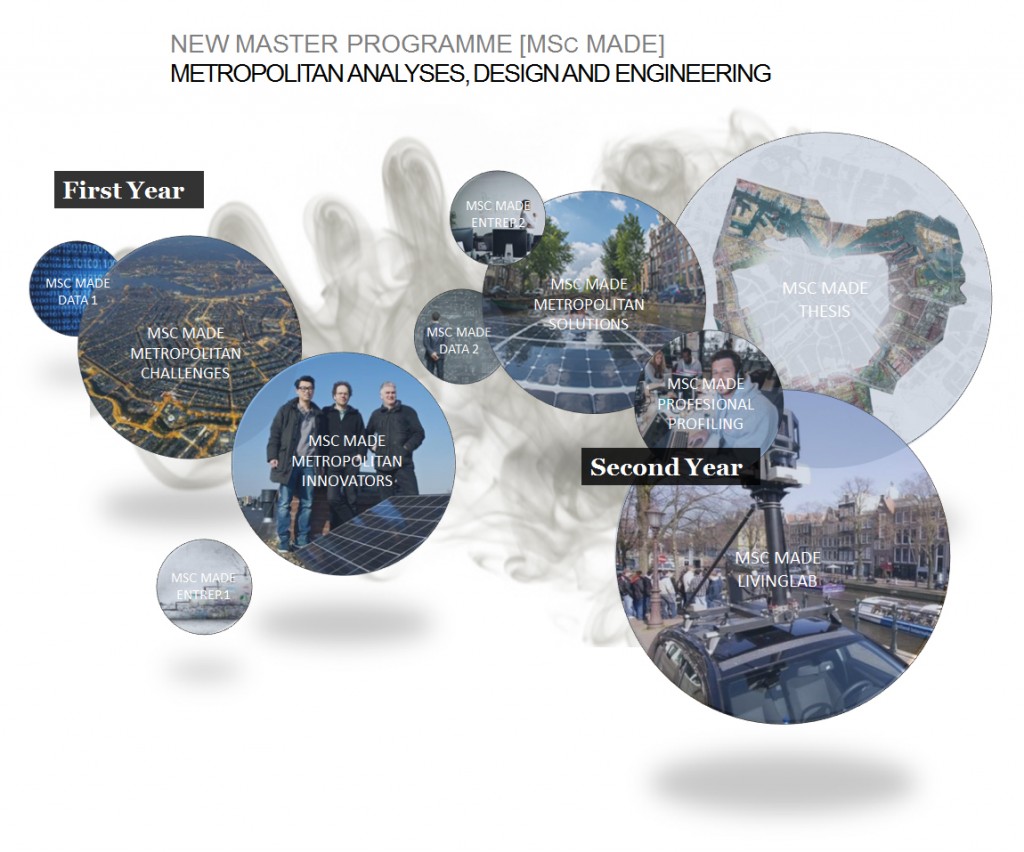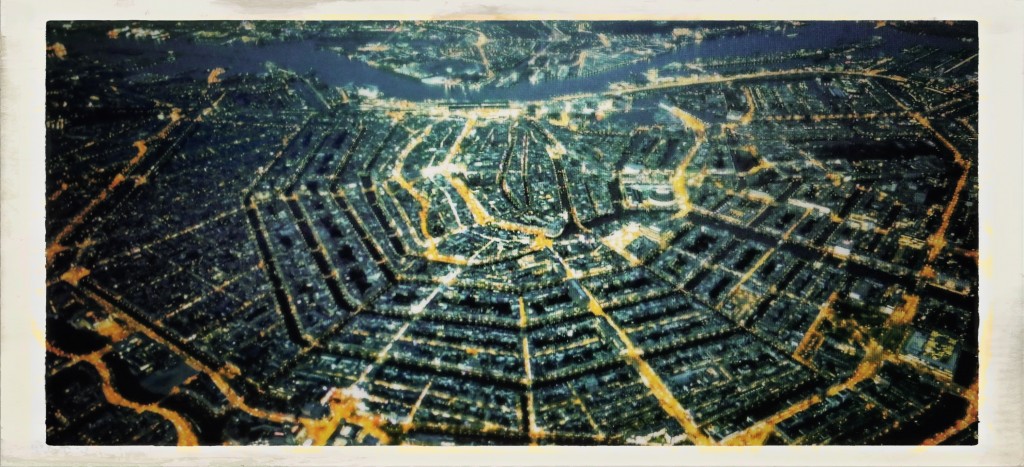While the ‘UN-Habitat State of the World Cities Report 2020 on the Value of Sustainable Urbanization’ has been launched, the international symposium ‘2020 A Year Without Public Space: Reflection and Outlook’ has been an opportunity to look back, reflect, and plan ahead for 2021.

The transcription of the closing remarks of Maurice Harteveld at our initiative ‘2020 a year without public space under the COVID-19 pandemic’, including reflections and an outlook beyond (online symposium on 7 November 2020, 3PM (+ 8UTC)):
2020 – A Year without Public Space has been an impressive initiative. We have seen 20 webinars, engaging more than 100 speakers all over the world, and over another thousand attendees watching the presentations and thematic discussions live. On the YouTube channel, we can see that the numbers of views continuously grow. From May to September; the global community of ‘public space’- experts have joined together. The networks of public spaces have become a world-wide-web. Non-Exclusive!
At the moment, we are online, but our concerns are at the human space, in its physical reality. We keep sharing our observations, in an immense challenge. It is not easy! Under the current pandemic crisis, the global death rate is approaching 1.5 million people; 50 million cases of positive testing. An extremely small minority of countries have not reported any coronavirus cases. Kiribati, Nauru, Palau, Samoa, Tonga, Tuvalu, and Vanuatu seem to be still on the safe side. In contrast, particularly, communities in urbanised areas are infected at large. LA, Miami, and New York City… Rio, and Sao Paulo. Here densities are higher, people live closer together, and thus, transmission may go too fast, & too easy.
My contribution to the round table discussion is not another presentation. Deliberately! Continue reading →




